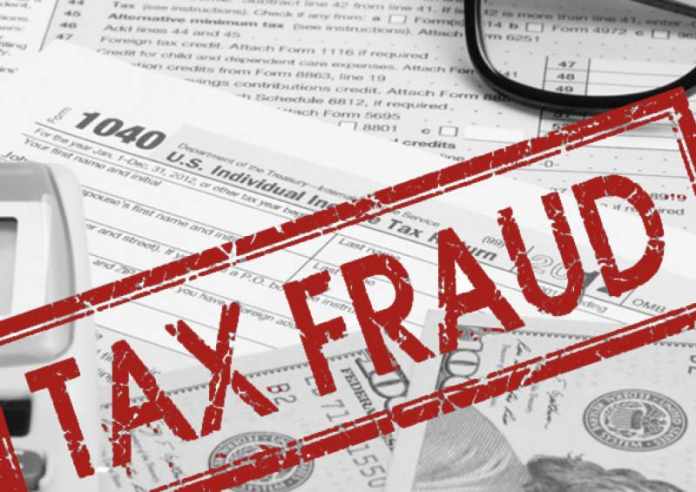You promised yourself that this would be the year that you would file your income taxes early. And after gathering all your forms, receipts and backup material, you did it! You submitted your return, expecting a refund, only to be informed by the IRS that you had “already filed your return and a refund was issued”. No, you’re not imagining things, you’re the victim of IRS identity theft. Here is how to detect and fix the tax fraud:-
Sadly, you’re not alone. In 2019, there were more than 45,000 tax identity thefts, and the numbers are growing. In the first three quarters of 2020, the FTC reported 92,620 cases of tax and employment fraud. While tax identity theft is lower than other types of identity theft, it can be financially devastating to the victims.
Table of Contents
How Can You Tell If You’re A Victim?
Unfortunately, the worst part of tax fraud is that you probably won’t know you’re a victim until you file a tax return. At that point, the IRS will notify you that you’ve already filed a return and that a check has been issued. Another way you’ll find out is when you receive a 1099 or other employee earnings statement from a company you’ve never worked for.
Other times, the IRS informs you that you owe more in taxes and you can’t figure out why. You review your returns, deductions and income sources, and still can’t understand how you could possibly owe any more money.
Another telltale sign is when the IRS contacts you to verify your Social Security number, name and other information. They’re doing this because they’re detecting that a fraud is involved, and of course, by the time they reach out to you, it may already be too late.
Finally, another ploy is when you begin using a new tax preparer who asks you to sign your tax forms before they’re even filled out. This is a classic scam, and once they have your signature and Social Security number, they’ll have your refund as well. Additionally, according to the Identity Theft Information Center, cyberthieves are now hacking into tax preparation sites, because they contain a wealth of PII (Personally Identifiable Information), including the coveted Social Security numbers.
How do Cybercriminals Get Your Information?
In addition to hacking into tax preparation services, cybercrooks often hack into your home and work computers as well. They’re looking for sensitive personal and financial information that can lead them to your social security number, which is the “golden key” that unlocks access to just about any type of theft they want to commit.
People search sites have a wealth of unauthorized information about you, and cyberthieves scour these sites to gather your personal information and often your Social Security number. These sites openly sell this information to just about anyone, and it’s all perfectly legal.
Fixing Tax Identity Theft
Now that you know the signs that you may be a victim of tax identity theft, you need to fix any problems that you become aware of. Here’s the thing to remember: the faster you act, the better chance you have of preventing identity theft from costing you a lot of money.
If you receive official correspondence from the IRS, respond to them immediately. You can verify that it’s an official IRS notice by phone using the IRS identification number on the correspondence. Once it’s confirmed, take whatever action is requested.
If the IRS informs you that a fraudulent return has already been submitted using your Social Security number, be sure to file an IRS form 14039. This is an Identity Theft Affidavit that declares you are the victim of an IRS fraud. It will help protect you from further fraudulent activity and will allow you to file your own return with the IRS.
Don’t forget to report your tax identity theft to the appropriate authorities. This includes the Federal Trade Commission (FTC), which has its own theft reporting page. You should also report the theft to the three credit bureaus, which include Experian, TransUnion and Equifax. You only need to report it to one of the bureaus, and they are required to report it to the other two.
Preventing Tax Identity Fraud
To help protect taxpayers, the IRS has developed an Identity Protection PIN. You can request one, and you’ll have to apply by going through an online process to get your number. It’s worth the effort, because you’ll have an extra layer of protection for your Social Security number on your tax returns.
Perhaps the most important thing you can do is to remove all of your private information from people search sites like Truthfinder, InstantCheckmate and PeopleFinders. This is where cybercrooks search for valuable personal information that can lead to tax fraud. The problem is that there are over 100 people search sites, and each one has unique requirements to remove your information and opt out of the site.
By following these tactics and recommendations, you’ll be able to detect when someone has stolen your tax identity, and how to fix the problems if they happen. You’ll also be able to prevent the problems from occurring in the first place.



















